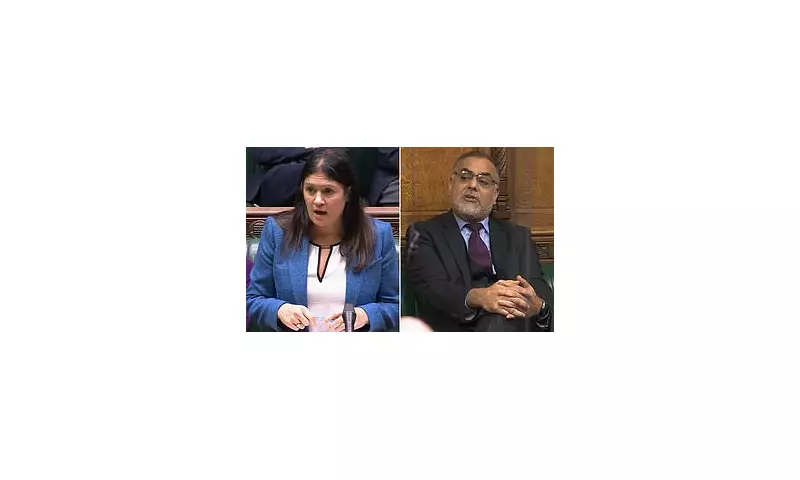
Labour's Shadow Cabinet Minister Lisa Nandy has become embroiled in a heated political confrontation with Birmingham MP Khalid Mahmood over his controversial campaign to cancel Maccabi Tel-Aviv's European match against Aston Villa and ban Israeli supporters from attending.
Political Firestorm Erupts Over Football Security
The dispute centres around Perrys Bar MP Khalid Mahmood's demands to prohibit Israeli fans from attending the upcoming Europa Conference League match at Villa Park, citing security concerns. Mahmood had written to West Midlands Police and Aston Villa urging them to implement the ban, arguing that the current conflict in Gaza made the match a potential security risk.
However, Wigan MP Lisa Nandy, serving as Shadow International Development Secretary, delivered a stark rebuke during a Labour Friends of Palestine meeting. "You cannot punish a football team for the actions of its government," Nandy declared, emphasising the importance of distinguishing between political conflicts and sporting events.
Security Assessment Versus Political Pressure
West Midlands Police have confirmed they are conducting a thorough risk assessment for the October 26th match but have stopped short of supporting Mahmood's call for a blanket ban on Israeli supporters. The force stated they are "committed to facilitating peaceful protest while ensuring public safety" during the high-profile European fixture.
The controversy has exposed deep divisions within Labour ranks regarding how to handle international sporting events amid ongoing geopolitical conflicts. Mahmood defended his position by highlighting the "heightened community tensions" and potential for disorder, while Nandy maintained that sporting boycotts should be carefully considered and not implemented rashly.
Broader Implications for UK-Israel Relations
This clash comes at a sensitive time for Labour, which has been working to present a united front on foreign policy matters. The party leadership has generally supported Israel's right to self-defence while calling for protection of Palestinian civilians, but internal disagreements continue to surface over specific policy applications.
The match ban controversy raises significant questions about how British institutions should navigate international sporting events during periods of geopolitical tension, balancing security concerns with principles of fair competition and non-discrimination.
As the October match date approaches, all eyes remain on Villa Park and West Midlands Police's final security decision, which could set important precedents for how UK authorities handle similar situations in the future.





